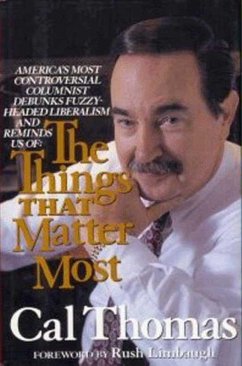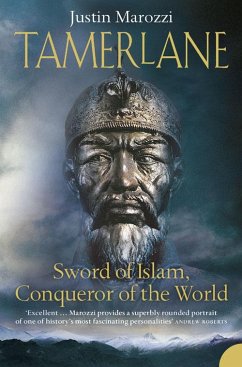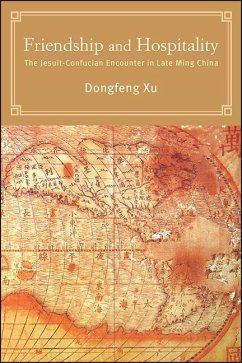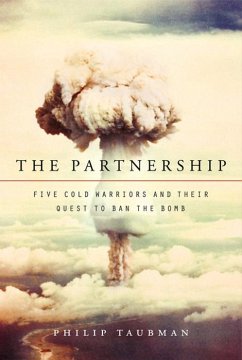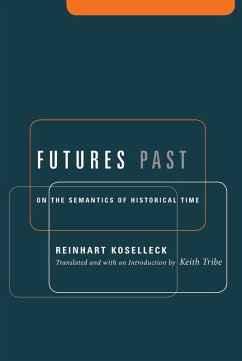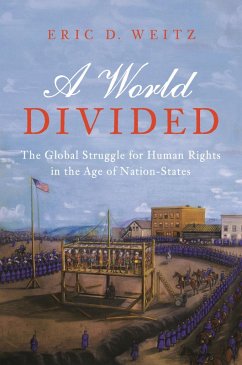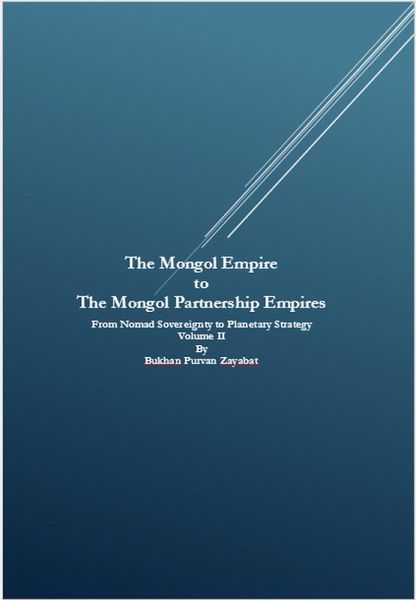
The Mongol Empire to The Mongol Partnership Empires: From Nomad Sovereignty to Planetary Civilization Volume II (eBook, ePUB)

PAYBACK Punkte
0 °P sammeln!
The Mongol Empire to The Mongol Partnership Empires: From Nomad Sovereignty to Planetary Civilization Volume IIThis volume presents a radical reappraisal of the Mongol Empire-not as a project of conquest alone, but as a planetary civilizational experiment rooted in spiritual cosmology, decentralized governance, and rhizomatic strategy. Drawing from nomadic epistemologies, Tengiriist metaphysics, and Deleuzian political thought, it reframes Mongol statecraft as an emergent model of non-sedentary power.Far from a centralized monolith, the Mongol world system operated through polycentric coordina...
The Mongol Empire to The Mongol Partnership Empires: From Nomad Sovereignty to Planetary Civilization Volume II
This volume presents a radical reappraisal of the Mongol Empire-not as a project of conquest alone, but as a planetary civilizational experiment rooted in spiritual cosmology, decentralized governance, and rhizomatic strategy. Drawing from nomadic epistemologies, Tengiriist metaphysics, and Deleuzian political thought, it reframes Mongol statecraft as an emergent model of non-sedentary power.
Far from a centralized monolith, the Mongol world system operated through polycentric coordination, trust-based economic partnerships (Ortoq capitalism), and intelligence infrastructures like the Yam relay. Its spiritual core-Tengirilig, the belief in the divine nature of all beings-produced governance structures based on ethical equality, fluid autonomy, and moral responsibility to cosmic balance.
The book investigates core concepts such as Tegshidegekh (smoothing) and Tuvshidegekh (leveling) as alternatives to hierarchical law, offering insight into early post-statist models of regulation. The fragmentation of the empire is shown not as decline, but as rhizomatic fertility-a generative logic of decentralization and resprouting.
Essential reading for those seeking historical precedents for pluralistic governance, intercivilizational strategy, and cosmopolitical ethics in the Anthropocene.
This volume presents a radical reappraisal of the Mongol Empire-not as a project of conquest alone, but as a planetary civilizational experiment rooted in spiritual cosmology, decentralized governance, and rhizomatic strategy. Drawing from nomadic epistemologies, Tengiriist metaphysics, and Deleuzian political thought, it reframes Mongol statecraft as an emergent model of non-sedentary power.
Far from a centralized monolith, the Mongol world system operated through polycentric coordination, trust-based economic partnerships (Ortoq capitalism), and intelligence infrastructures like the Yam relay. Its spiritual core-Tengirilig, the belief in the divine nature of all beings-produced governance structures based on ethical equality, fluid autonomy, and moral responsibility to cosmic balance.
The book investigates core concepts such as Tegshidegekh (smoothing) and Tuvshidegekh (leveling) as alternatives to hierarchical law, offering insight into early post-statist models of regulation. The fragmentation of the empire is shown not as decline, but as rhizomatic fertility-a generative logic of decentralization and resprouting.
Essential reading for those seeking historical precedents for pluralistic governance, intercivilizational strategy, and cosmopolitical ethics in the Anthropocene.
Dieser Download kann aus rechtlichen Gründen nur mit Rechnungsadresse in A, B, CY, CZ, D, DK, EW, E, FIN, F, GR, H, IRL, I, LT, L, LR, M, NL, PL, P, R, S, SLO, SK ausgeliefert werden.




